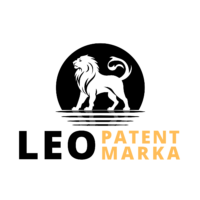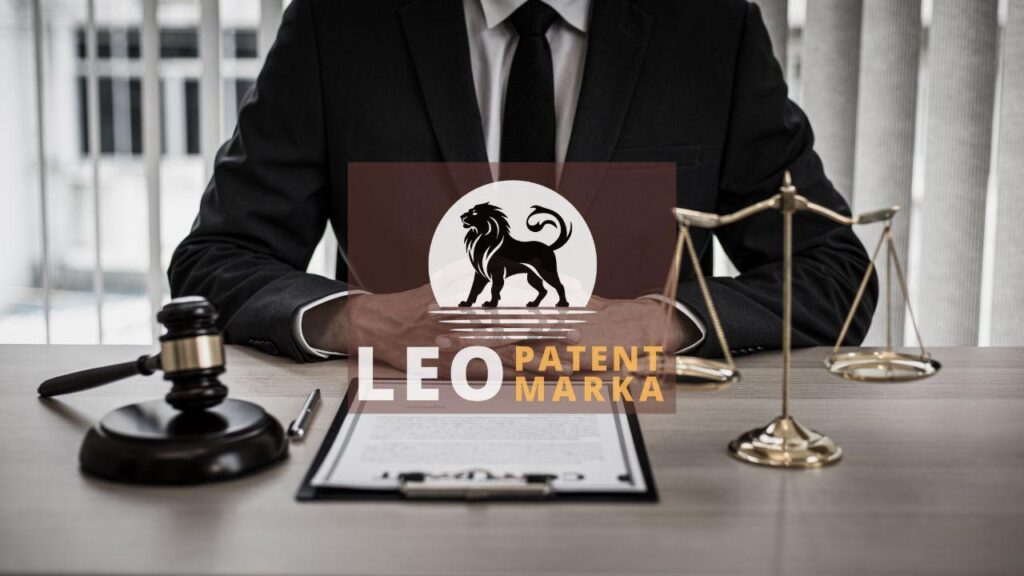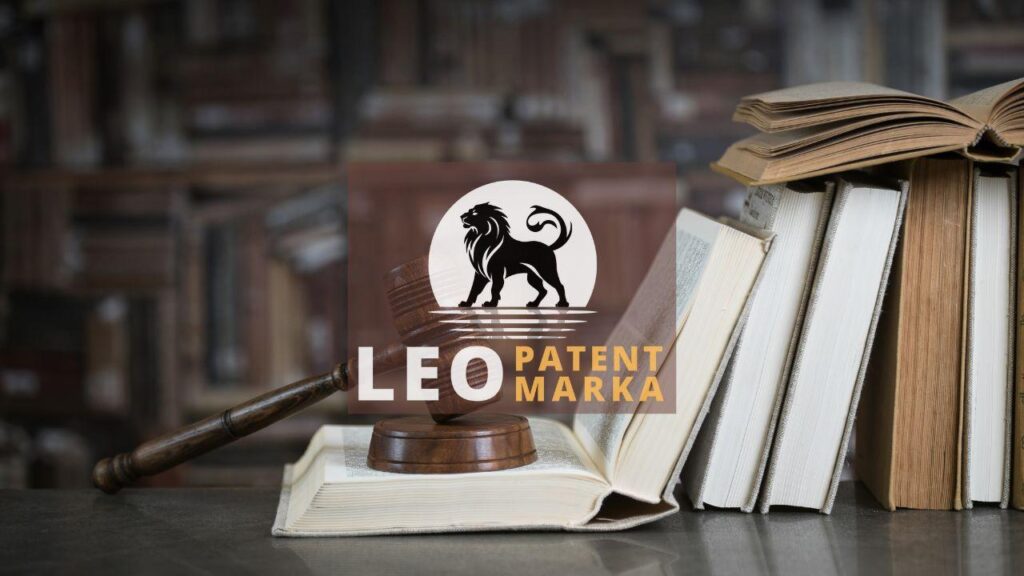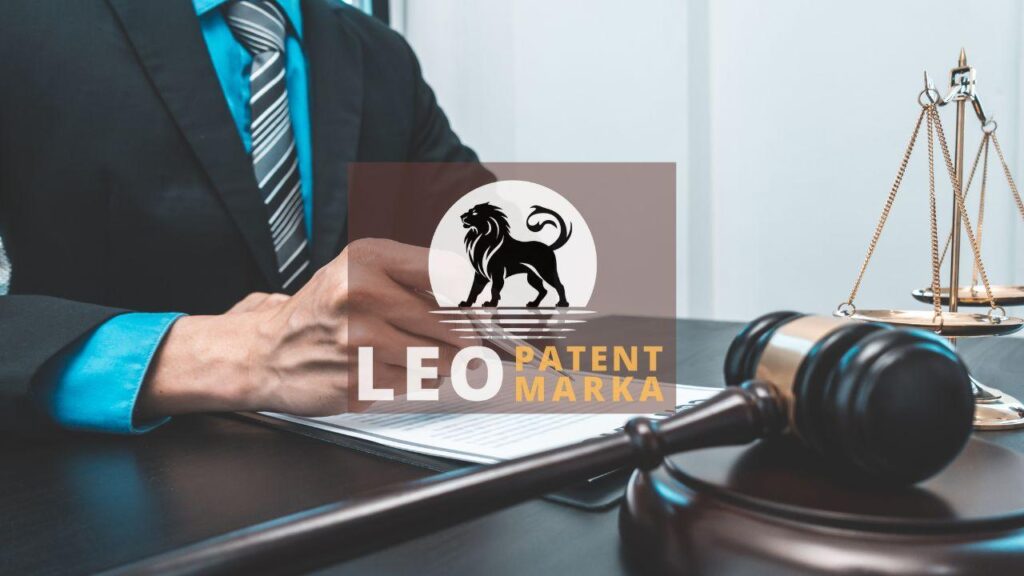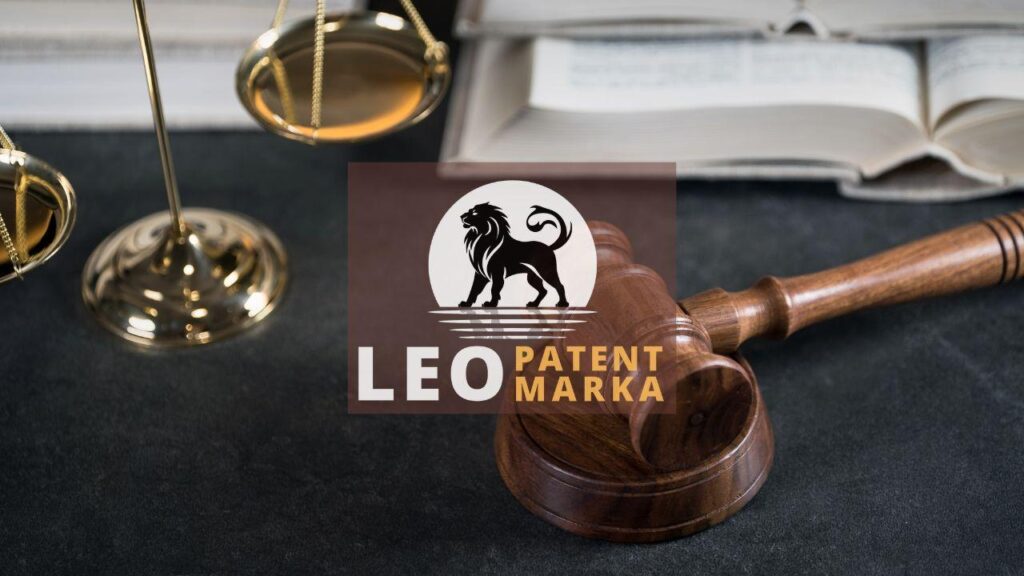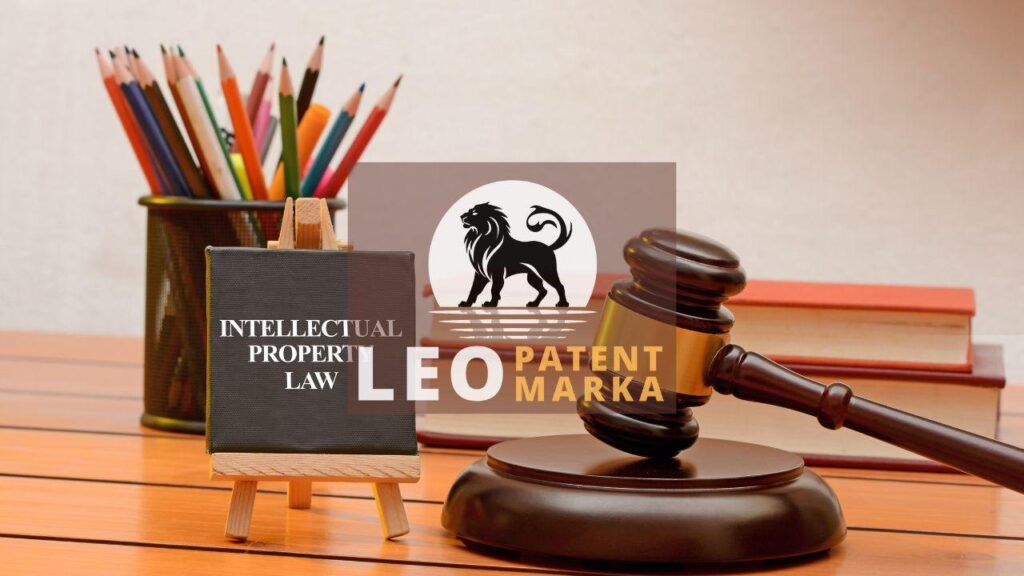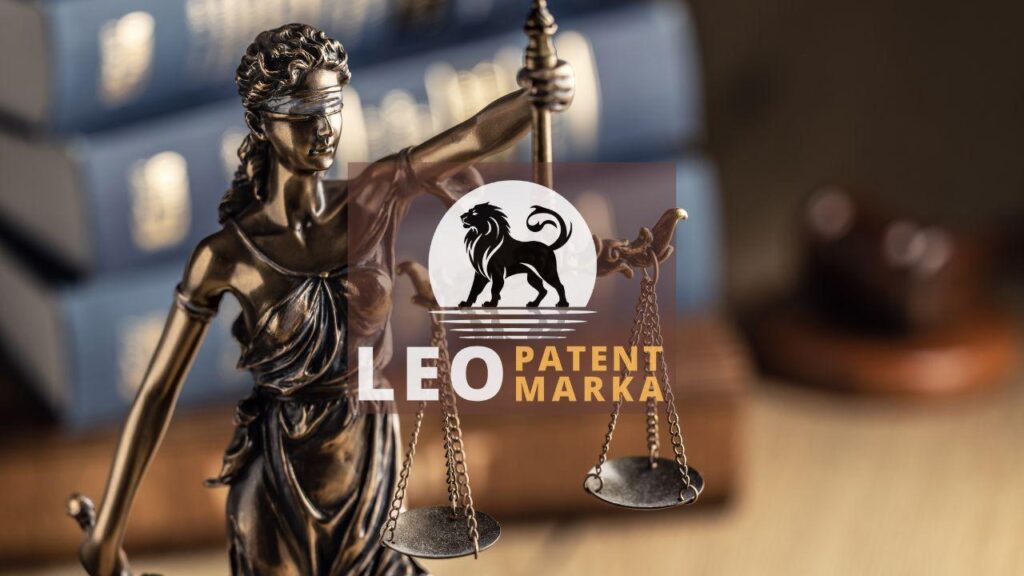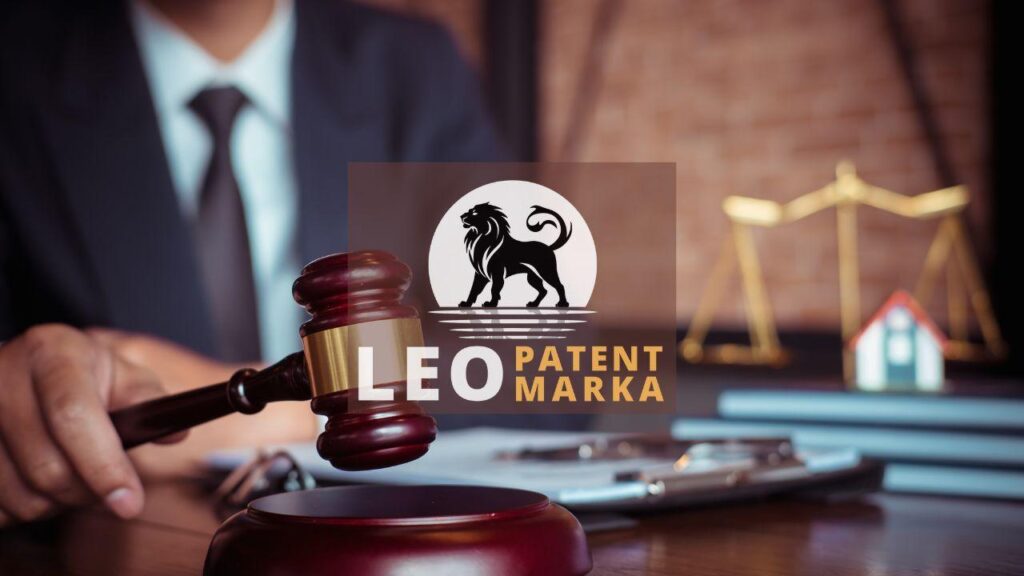In today’s bustling world, protecting IP in the hospitality and tourism industry is more crucial than ever. Imagine pouring your heart into creating a unique experience only to find someone else has claimed it. The theft isn’t always tangible—ideas, brands, and concepts are up for grabs too. That’s where intellectual property strategies come into play. For those navigating the fast-paced tourism scene, understanding IP protection tourism isn’t just smart; it’s essential. Utilizing tools like hospitality industry copyright and trademark tourism business measures can provide a safety net. They ensure that your creative endeavors remain yours alone. But it’s not just about clamping down; it’s about crafting a strategy that elevates your assets while securing them. Keep in mind, the hospitality and tourism industry thrives on innovation. Protect this innovation fiercely and stay ahead in the game. After all, your ideas are your currency. Make sure they stay in your pocket.
Strategies for Safeguarding Intellectual Property Assets
One effective approach to protecting IP hospitality assets is staying proactive. Start by conducting an IP audit. This will highlight everything from names and logos to creative services needing safeguarding. Integrate hospitality industry copyright into your everyday processes, ensuring creations are recorded and protected right from conception. Strengthen your shield with trademark tourism business actions—a recognizable brand deserves legal backing. Implement thorough contracts with employees and partners, too, to secure intellectual property strategies. Every handshake should be backed by a signed understanding to keep innovations under your roof. Beyond paperwork, foster a culture of idea protection. Educate your team on the nuts and bolts of IP protection tourism. Remember, knowledge is power, and in this race, awareness is your secret weapon. With foresight and diligence, your innovations can continue to charm the world, untouched by others.
Consider layering your defense with both physical and digital strategies. For digital assets, have a robust security system in place that restricts unauthorized access to your hospitality IP. This means using cutting-edge technology to monitor and defend your proprietary data. On the physical side, secure your spaces and creative processes with access control systems, making prying eyes a distant concern. Legal frameworks are indispensable here. Engage in due diligence by obtaining trademark tourism business protections, ensuring your ideas don’t walk out the door masquerading as someone else’s. By weaving hospitality industry copyright measures into your operations, you’re not just fighting theft; you’re building resilience. Stay ahead by continuously reviewing your intellectual property strategies—what worked yesterday might not protect you today. Collaboration with legal experts can keep you on the right track. The true art of protecting IP hospitality lies not just in securing what you have but in anticipating what’s next.
Vigilance is key to protecting IP hospitality ventures. Begin with a thorough review of your current intellectual property strategies—there’s always room for enhancement. Regularly update your legal protections—laws and guidelines evolve, and so should your defenses. Invest in education; a well-informed team is your first line of defense. Host workshops on IP protection tourism to arm your staff with knowledge. It’s not just about creating barriers; think of it as building an invisible fortress that guards your innovation from unseen threats. Consider partnerships with hospitality industry copyright experts who can offer tailored advice and insights. Trademark tourism business measures aren’t merely paperwork; they’re the foundation blocks of your brand’s security. Innovate, yes, but also innovate your defenses. Regular reevaluation and adaptation of your intellectual property strategies will ensure your ideas remain rightfully yours, steering clear of potential pitfalls in this competitive industry.
Legal Frameworks for IP Protection in Hospitality
Legal frameworks play a pivotal role in protecting IP hospitality assets, providing a shield for your innovations. In the hospitality scene, where creativity fuels growth, knowing your way around IP laws isn’t a luxury—it’s a necessity. Intellectual property strategies aren’t just legal jargon; they’re actionable plans designed to defend your unique offerings. Trademark tourism business methods, for instance, protect brand integrity and keep imitators at bay. Moreover, understanding the nuances of hospitality industry copyright laws can safeguard your original content from unethical replication. It’s akin to putting a lock on the treasure chest of your ideas. Remember, in the competitive world of tourism, vigilance is your best ally. IP protection tourism measures are crucial, and having robust legal support is like having a sturdy umbrella in a storm. Don’t wait for a leak to fix the roof; secure your intellectual assets today and fortify your business’s future.
To effectively navigate IP protection tourism, understanding the legal frameworks is vital. Start by considering intellectual property strategies that align with your hospitality vision. Trademark tourism business tactics can safeguard your brand, serving as a visible marker of trust and quality. Meanwhile, hospitality industry copyright laws shield your unique content and innovative concepts from being echoed by competitors. Think of copyright as your silent sentry, standing guard over the originality of your work. As you delve into these legal avenues, leverage industry experts who can craft bespoke strategies tailored to your needs. Remember, the battle for protecting IP hospitality isn’t a solo endeavor—it’s a partnership between your creative genius and solid legal backing. Equip yourself with these tools, and you’ll find a fortress in the competitive arena of tourism, ready to defend your intellectual treasure from any breach.
Faced with the challenges of protecting IP hospitality assets, it’s imperative to navigate the seas of legal frameworks with skill. Embrace intellectual property strategies as your compass, guiding you through potential hazards. By anchoring your efforts in the solid ground of trademark tourism business laws, your brand can fend off marauders seeking to exploit your brainchild. Additionally, hospitality industry copyright protection secures your creative content like an unseen guardian casting a protective spell over your innovations. These legal tools aren’t mere swords and shields in a battle; they’re the very lifeblood of your operational integrity. Consider them an insurance policy against the uninvited guests of idea theft. With the right IP protection tourism measures, you secure not just your current assets but also lay a fortified pathway for future growth. The hospitality world is bustling; ensure your intellectual treasures not only survive but also thrive.
Emerging Trends in IP Management for Tourism Sector
Emerging trends in protecting IP hospitality are shaping the way businesses navigate the evolving landscape. In the hustle and bustle of modern tourism, companies face increasing challenges to safeguard their creations. What’s new? Many are embracing state-of-the-art intellectual property strategies that cater to the dynamic needs of travelers and service providers alike. Think of it as building a fortress around your ideas. Hospitality industry copyright laws are being redefined, offering a stronger shield against infringement. With trademark tourism business concepts on the rise, brand identity preservation has never been more important. This shift means more robust IP protection tourism approaches, tailored specifically to the vibrant energy of the sector. Keeping your competitive edge demands staying updated with such trends. Because in the tourism game, your unique ideas are jewels—priceless and must be protected at all costs.
One can’t overlook the technological leaps influencing IP protection tourism. With AI and blockchain making waves, intellectual property strategies are becoming increasingly sophisticated. Imagine leveraging blockchain to timestamp and secure your hospitality industry copyright claims—it’s like locking your valuables in an unbreakable safe. This tech-savvy approach provides a transparent, immutable record, ensuring your ideas can’t be swiped. On another front, AI-powered tools offer vigilant surveillance, detecting any trademark tourism business infringements faster than a hawk spotting its prey. By integrating these advanced tools, businesses can forge ahead with confidence, knowing their unique offerings are sheltered. The fusion of technology and innovation in IP management is reshaping the landscape, providing a beacon of hope for those safeguarding their creativity in the bustling world of hospitality and tourism. As the industry evolves, so must the ways we protect our intellectual assets. Adapt and thrive; it’s the only way forward.
In the race to advance IP management, the tourism sector is witnessing innovative approaches that redefine protection. Imagine a digital guardian shielding your concepts—this is the promise of cutting-edge intellectual property strategies. Industries are increasingly adopting robust hospitality industry copyright solutions, enhanced by AI’s precision. This evolution in IP protection tourism underscores the importance of safeguarding creative assets in our constantly shifting landscape. Trademark tourism business defenses are evolving, ensuring brand identities remain unassailable. As these practices take center stage, they’re not just about defense but also empowerment, encouraging businesses to boldly innovate. After all, protecting IP hospitality doesn’t just secure ideas; it elevates them, fueling a vibrant cycle of creativity and progress. The tourism industry, a powerhouse of innovation, is shaped by these trends, urging us all to engage with forward-thinking solutions to remain relevant and protected in this ever-expanding market.
Disclaimer: This article is for general information purposes only and it is recommended that you consult experts and companies in that field to evaluate your specific situation. We are not responsible for any damage that may arise from the use of the information in this article.
